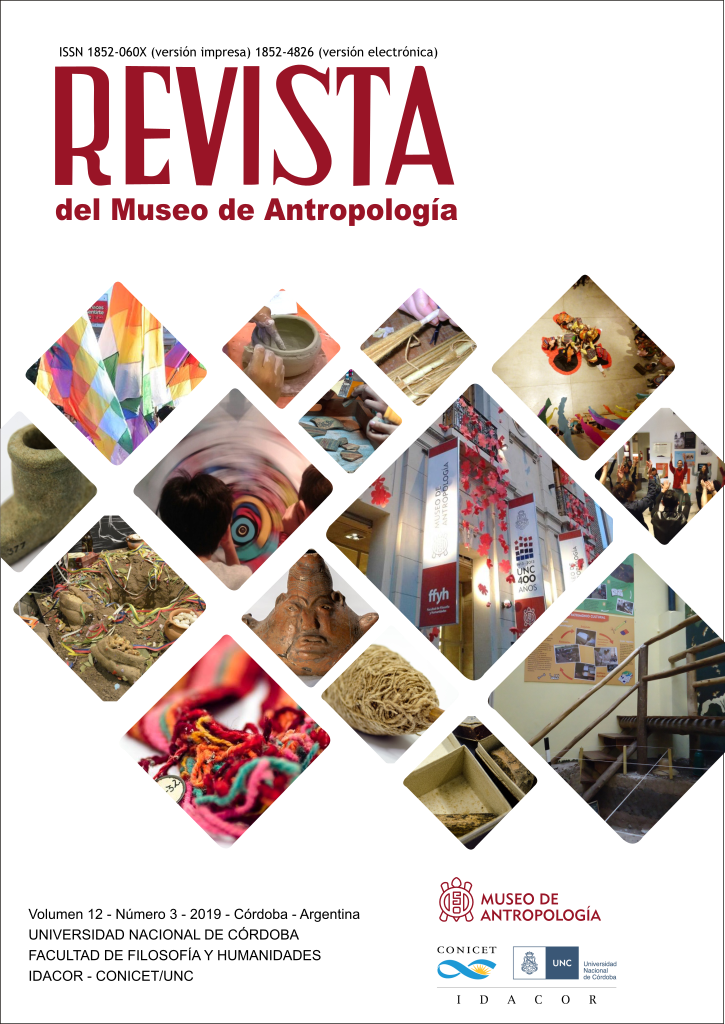Dossier: Meeting Marit Melhuus
DOI:
https://doi.org/10.31048/1852.4826.v12.n3.27100Keywords:
Marit Melhuus, Corrientes, EthnographyAbstract
The purpose of this dossier is to present to the readers of this magazine, an old friend of the Argentine social anthropology: Marit Melhuus. This Latin American-Norwegian joined Argentina in the middle of the 1970s, when it decided to do fieldwork in the province of Corrientes, in the Argentine north-east, for a master's degree in Social Anthropology in the University of Oslo. His relationship with the country remained, if attenuated, as he accepted the jury of the “Archetti Award” for a master's thesis on Argentina, Ecuador, Guatemala and Norway, convened by the Anthropophagy Editorial and the Center for Social Anthropology of the Institute of Economic and Social Development (CAS-IDES, Argentina) in 2006, a year after the death of Eduardo 'Lali' Archetti. Marit, Lali and her partner Kristi-Anne Stølen will integrate the generation of social anthropologists who, such as Santiago Bilbao, Leopoldo Bartolomé, Esther Hermitte, Carlos Herrán and Hebe Vessuri, have highlighted and analysed the sociological and culturally disconcerted sectors of the Argentine interior economics of its production and its forms of political organization, from the patron-client relationships to the associations of small commodity producers.
Downloads
References
N/D
Downloads
Published
Issue
Section
License
Those authors who have publications with this Journalaccept the following terms:
a. Authors will retain their copyrights and guarantee the journal the right of first publication of their work, which will be simultaneously subject to the Creative Commons Attribution License (Licencia de reconocimiento de Creative Commons) that allows third parties to share the work as long as its author and his first publication in this journal.
b. Authors may adopt other non-exclusive licensing agreements for the distribution of the version of the published work (eg, deposit it in an institutional electronic file or publish it in a monographic volume) provided that the initial publication in this journal is indicated.
c. Authors are allowed and recommended to disseminate their work on the Internet (eg in institutional telematic archives or on their website) before and during the submission process, which can lead to interesting exchanges and increase citations of the published work. (See The Effect of Open Access - El efecto del acceso abierto)












